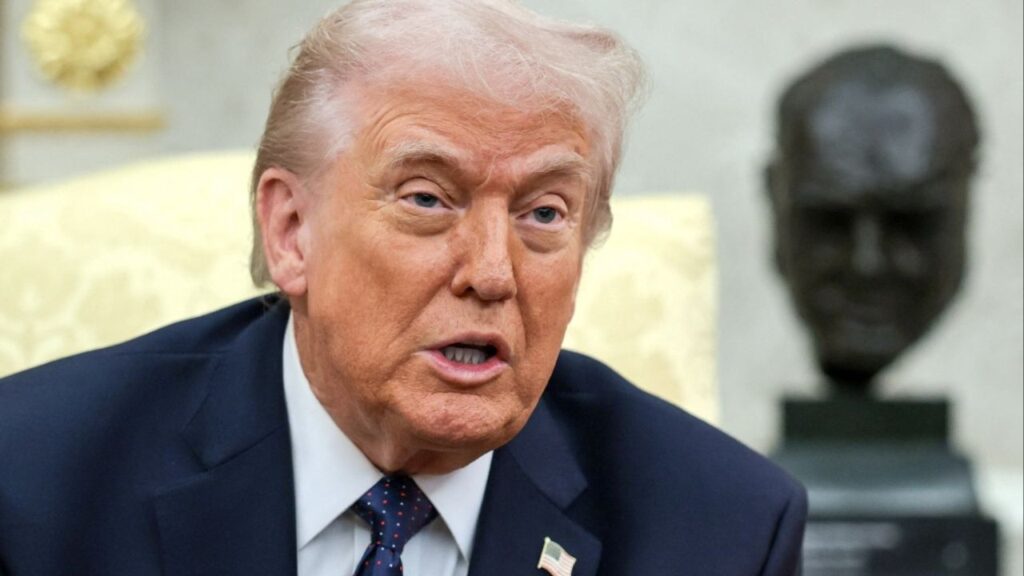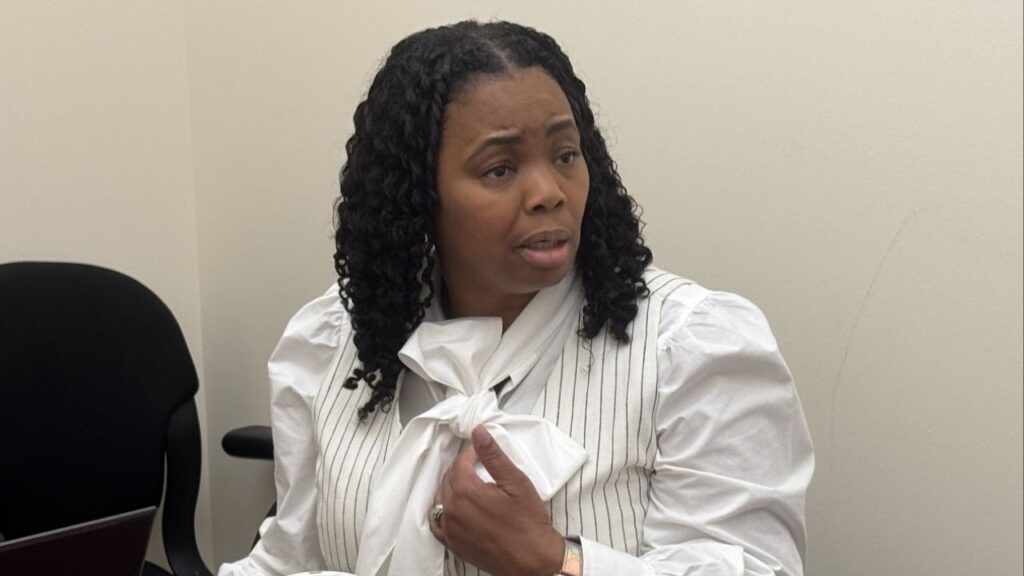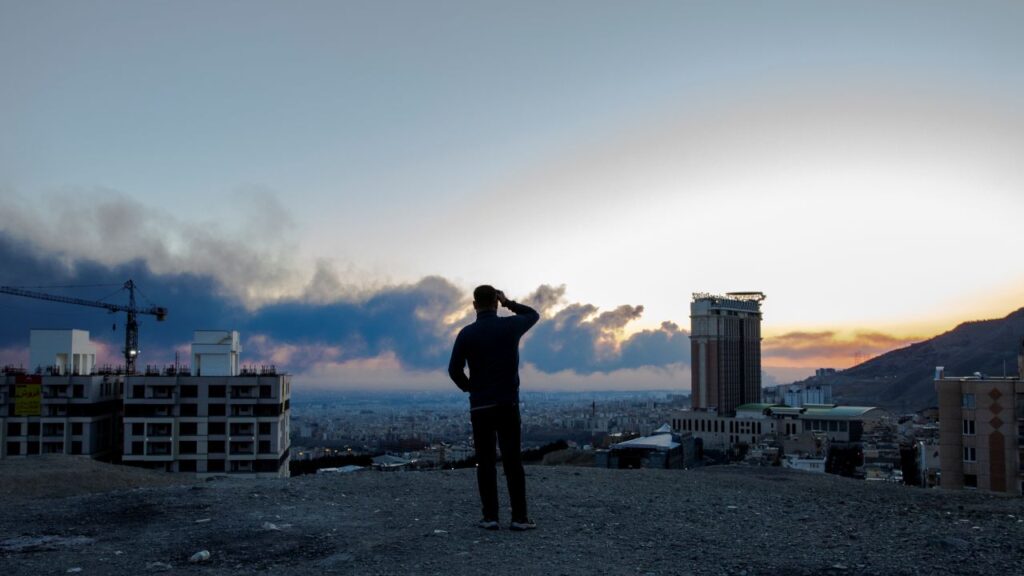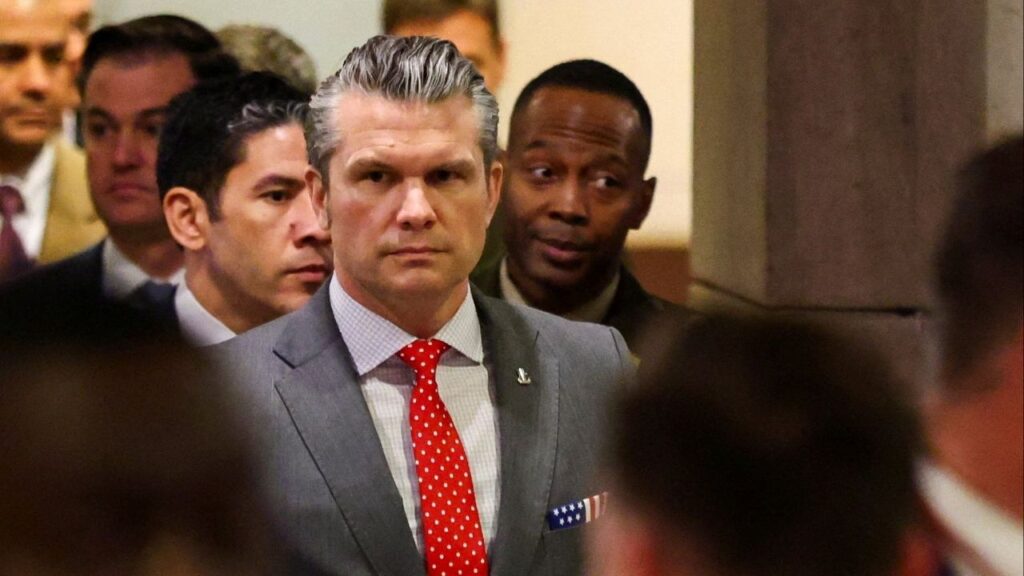Share
Sure, I’m happy to see the world’s greatest basketball player join my favorite team, the Los Angeles Lakers. But as a Californian, I fear LeBron is the last thing our state needs.
His arrival is a high-profile symptom of one of our state’s big problems: California favors older, proven, and wealthy outsiders over our younger, homegrown compatriots who haven’t made it yet.

Opinion
Joe Mathews
Lebron, 33, just received a $154 million, four-year contract to leave the Cleveland Cavaliers and revive a losing Lakers squad. As a free agent mercenary, he has company here. A Stanford study shows that, despite its high taxes, the Golden State attracts more millionaires than it loses. The trends hold even among the upper-middle-class. People who move to California have more education (the state has seen net gains in graduate degree holders) and income ($110,000 annually or more) than most Californians. They need money to afford our expensive housing.
Lonzo himself may be on his way out the door; the sports media are reporting that he could be traded away for older, proven players whom LeBron prefers as teammates.
This makes sense in 2018, when LeBron is far superior to Lonzo. But in the long term, LeBron’s value to Lakers could be less than Lonzo’s. LeBron, at age 33, is old for a pro athlete, and he is likely to be injured and in decline by the time his contract expires in 2022. In contrast, if Lonzo realizes his potential to be a future star, he could win games for the Lakers into the 2030s.
The Lonzos Are Indisputably More Important Than the LeBrons
At this point, I’ll leave the basketball debate to sports experts. But in the larger context of California’s future, the Lonzos are indisputably more important than the LeBrons.
That’s because so many more of us are Lonzos.
This Lonzo-ization of California represents a sea change. From the Gold Rush until 2010, we were mostly a state of LeBrons — people who migrated here from another state or country. As a state, we were like the Lakers, traditionally a franchise dependent on free agents from elsewhere, like Kareem Abdul-Jabbar and Shaquille O’Neal. But in this decade, after a steep fall in immigration, we’ve become a state of Lonzos.
Now, more than 54 percent of Californians were born and raised here. Lonzo’s rising generation of millennials is projected to be California’s first generation that is majority homegrown.
We Desperately Need Our Lonzos to Succeed
With this shift, California needs to develop and educate more of its own future citizens, instead of relying on people from someplace else. In other words, we desperately need our Lonzos to succeed. Too many haven’t. Some leave the state. Others contribute to our highest-in-the-nation poverty rate. Education levels have stagnated among California’s young—a huge problem since today’s youth will have to be more economically productive to support our aging population.
Yes, California’s LeBrons help subsidize the Lonzos with their taxes. But the LeBrons also retard the growth of the young. Arriving LeBrons help run up the price of housing—LeBron himself has two homes in L.A.—making it harder for Lonzos to buy and start families.
The LeBrons of the world are also less innovative, since younger people are responsible for most inventions. And California’s Lonzos are far more loyal to the state; they are about three times more likely to settle in California as adults. When LeBron tires of his new Hollywood friend Leo DiCaprio, with whom he recently lunched, he can go back home to Ohio.
The Lonzos’ loyalty has real value to the Golden State—it will help California retain its labor force as baby boomers retire in greater numbers. Polls show that Lonzos are also far more supportive than LeBrons of taxing themselves to support public schools and infrastructure
In this context, the Lakers are sending precisely the wrong message to their fans, and to all Californians. So cheer for the new superstar important if you like. But don’t forget that California’s future depends on our Lonzo.
About the Author
Joe Mathews writes the Connecting California column for Zócalo Public Square.
Categories

Pentagon Identifies First US Soldiers Killed in Iran War

Trump, Rubio Offer Conflicting Reasons for US Entry Into Iran War
















